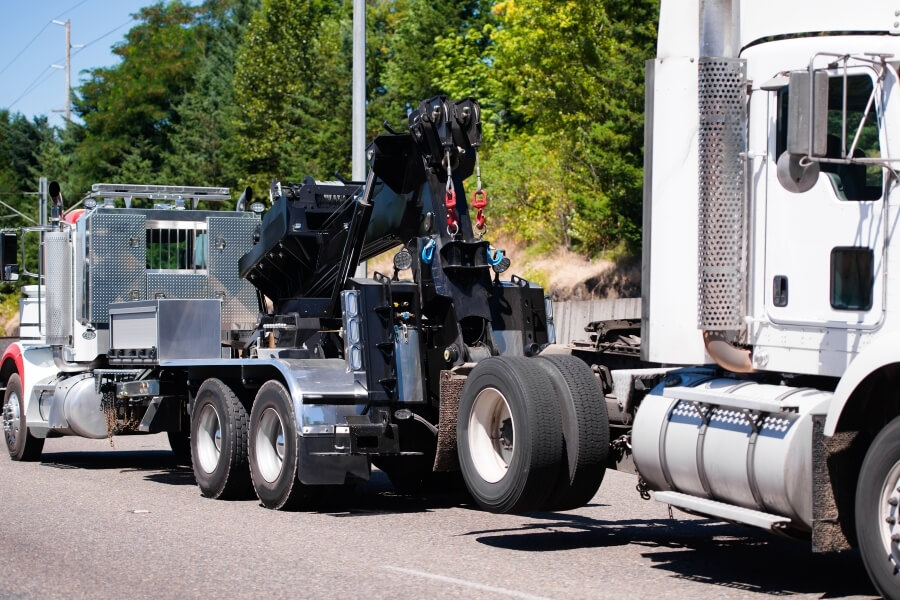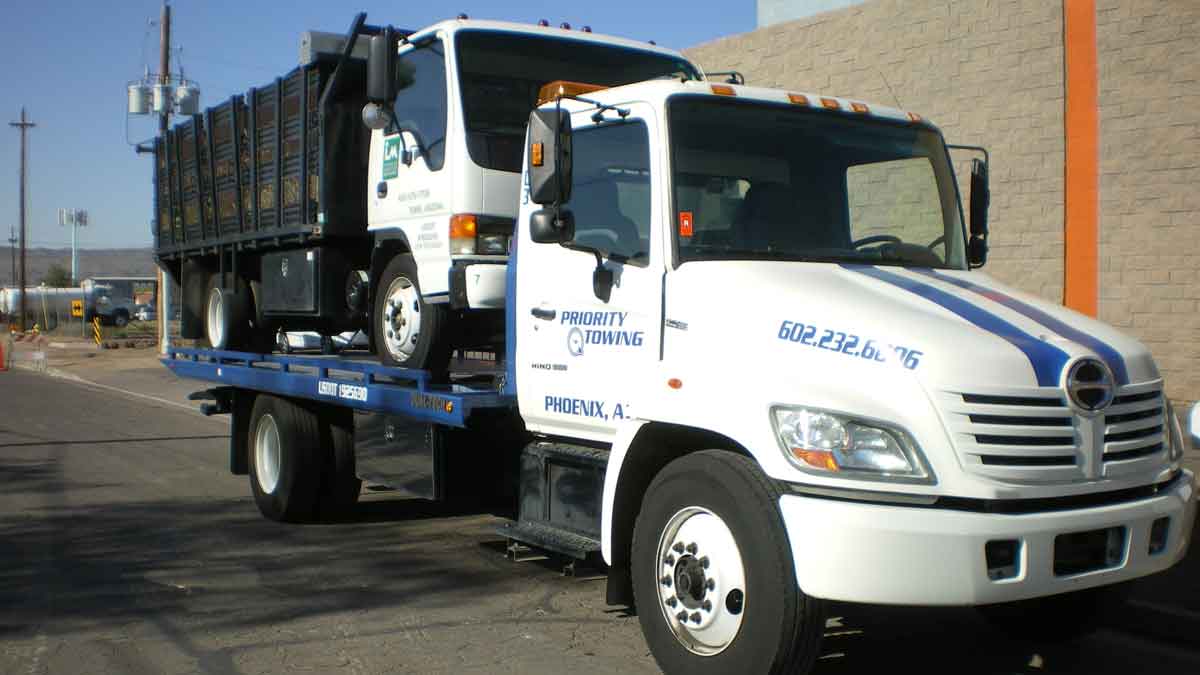Find a Tow Truck Anytime Windsor, CO
When it involves towing, understanding the different towing truck sizes is crucial for making certain that the best automobile is chosen for the task at hand. Reliable Towing Solutions for Your Vehicle Riverside, CO. Towing vehicles are available in varied sizes and capacities, which directly influences their capability to soundly transport vehicles, trailers, and heavy loads
Many factors play a big role in figuring out the appropriate size of a towing truck. The sort of cargo being moved, the gap concerned, and specific state or federal regulations are all important. For instance, towing a small automotive requires far less muscle than shifting a large RV or a commercial vehicle.
Light-duty towing vans are often the primary choice for private use. These trucks are designed for smaller jobs, such as transferring compact cars or light trailers. They usually have a towing capacity ranging from a couple of thousand pounds as much as round 10,000 pounds. This makes them appropriate for individual automobile recovery or for transporting lighter loads over shorter distances.
Medium-duty towing trucks take it a step additional, encompassing a broader range of capabilities. These vans often have a towing capacity of roughly 10,000 to 26,000 kilos. They are perfect for towing bigger vehicles, similar to vans or larger trailers, and might even accommodate light commercial autos.
Professional and Affordable Towing Services Severance, CO
Heavy-duty towing vehicles represent the top tier of towing capacity. These beasts can deal with masses exceeding 26,000 kilos and are sometimes utilized in situations that require heavy lifting. Transporting buses, giant construction equipment, and outsized trailers falls beneath the heavy-duty category. With heavy-duty vans, safety and stability turn out to be essential because of the weight and size of the masses being towed.
The class of towing truck also varies depending on the regulatory construction in place. The Federal Highway Administration (FHWA) outlines specific classifications that distinguish between light, medium, and heavy-duty vehicles. Understanding these classifications helps operators guarantee compliance whereas also deciding on the appropriate truck for their towing wants.
24/7 Vehicle Recovery Services Eaton, CO
Towing equipment additionally contributes to the effectiveness of every truck size. Beyond the truck itself, components like hitches, chains, and even specialized towing beds impact the general functionality. For medium and heavy-duty trucks, enhanced braking techniques are also essential to handle the increased weight and guarantee controlled stopping even when carrying heavy loads.
In city environments, the place area may be restricted, the dimensions of a towing truck becomes vital as properly. Smaller vans can navigate tighter areas effectively, whereas larger vehicles might battle to maneuver through congested urban streets. Sometimes, towing companies should think about not solely the scale but also the accessibility of the masses that have to be picked up and transported.
Immediate Towing for Various Needs Milliken, CO
Beyond practicality, the choice of towing truck size additionally reflects the type of service offered by the towing company. Companies specializing in emergency roadside assistance may often lean towards light-duty trucks for their fleet, while those that cater to businesses or deal with long-haul transportation might require medium or heavy-duty options.
Cost is one other factor that influences the choice of towing truck sizes. Light-duty vehicles usually come with decrease working prices however may not be as worthwhile for corporations that usually deal with heavier masses. It's important for towing companies to stability operational prices with the capacity needed to satisfy market demand.
Training and licensing also vary with towing truck sizes. Operators of light-duty trucks typically have different necessities compared to those who drive heavy-duty vehicles. Understanding the regulations for each truck class ensures that car operators are ready and knowledgeable in regards to the rules they must observe.
Safety regulations may also stipulate certain requirements for tow truck sizes. For heavily loaded vans, rigorous inspection protocols and maintenance schedules are essential to guarantee that the towing equipment stays reliable and meets all safety requirements.
Immediate Assistance for Towing Requirements Milliken, CO
The towing industry is not static; trends and developments in expertise proceed to form how firms select their fleet. Innovations in hitch technology, weight distribution instruments, and improved safety options are built-in into modern towing vehicles, which permits even smaller vehicles to carry out nicely beneath challenging circumstances.

Each towing scenario presents its unique challenges, making it important to assess the situation carefully earlier than deciding on a towing truck size. A company that grasps these complexities not only offers better service but additionally enhances the security and satisfaction of its prospects.
Understanding the totally different towing truck sizes and their capacities can save time, cash, and even lives (Vehicle Recovery Services at Any Hour Eaton, CO). Proper selection ensures that masses are dealt with effectively and safely while adhering to the necessary regulations. This data is essential for tow operators, businesses, and consumers alike
Quick and Reliable Towing Services Nunn, CO
The determination round which towing truck size to choose isn't just about capacity; it encompasses a broad range of considerations. Therefore, it's essential for anyone involved in towing—be it a enterprise owner, operator, or consumer—to perceive the nuances of towing truck sizes thoroughly. In the end, making knowledgeable choices results in safer operations and better overall outcomes for all events involved.

- Towing trucks come in varied sizes, ranging from light-duty to heavy-duty, each fitted to several sorts of towing jobs.
- Light-duty vehicles, often classified as Class 1 or 2, are capable of towing payloads of as a lot as 6,000 pounds, ideal for smaller autos or trailers.
- Medium-duty vans, classified as Class 3 to five, can handle loads between 6,001 and 26,000 kilos, making them suitable for industrial towing applications.
- Heavy-duty trucks, categorized as Class 6 and above, are designed to tow over 26,000 pounds, often used for moving large or industrial autos.
- The wheelbase of a towing truck can affect stability when towing heavy loads; longer wheelbases generally provide higher help and handling.
- Engine size and horsepower play a crucial position in a towing truck's capacity, with bigger engines typically delivering enhanced towing performance.
- Payload score is crucial when choosing a towing truck, because it ensures that the car can safely carry each the trailer and its cargo with out exceeding limits.
- Specialized towing trucks might feature enhanced suspension systems to manage the stress of heavy loads, enhancing safety and management throughout towing.
- Understanding trailer weight and tongue weight is critical to determining the suitable towing truck size for a particular job.
- Compliance with federal and local towing regulations is crucial, as different regions might have particular requirements pertaining to automobile weight limits and sizes.undefinedWhat are the totally different sizes of towing vehicles available?undefinedTowing trucks usually are available three major sizes: light-duty, medium-duty, and heavy-duty. Light-duty vehicles can typically tow up to 10,000 pounds, while medium-duty vehicles can handle between 10,000 and 26,000 kilos. Heavy-duty vehicles are designed for hundreds exceeding 26,000 kilos.
How do I know what towing truck size I need?undefinedTo determine the best towing truck size, assess the weight of the automobile you plan to tow, together with any extra cargo. It’s important to factor in the Gross Vehicle Weight Rating (GVWR) of both the towing truck and the towed car to make sure safe towing.
Emergency Towing for All Vehicle Types Berthoud, CO
Are light-duty towing vehicles suitable for towing larger vehicles?undefinedLight-duty towing vehicles aren't really helpful for bigger autos, as they might not have the mandatory towing capacity or stability. Using a truck that exceeds its rated capacity can compromise safety and improve wear and tear.
What’s the utmost weight for a medium-duty towing truck?undefinedMedium-duty towing vans usually have a most towing capacity starting from about 10,000 to 26,000 pounds. This makes them suitable for medium-sized autos like vans and some bigger trucks.
Quick and Efficient Tow Services Available Platteville, CO
Can heavy-duty towing vans be used for light-duty towing?undefinedYes, heavy-duty towing vehicles can deal with light-duty towing tasks; however, this may not be cost-effective. Using a heavy-duty truck for smaller hundreds might lead to inefficiencies in fuel consumption and handling characteristics.
What elements affect tow truck sizes?undefinedSeveral elements affect tow truck sizes, including the car's weight, the kind of towing required (flatbed, dolly, etc.), and the terrain. These issues help decide probably the most applicable truck size for the task.
How can I guarantee my towing truck is safe for the load?undefinedTo guarantee safety, verify each the towing truck’s and the vehicle’s GVWR and ensure they are adequate for the load. Additionally, proper hitching, securing hundreds, and common truck maintenance contribute to safe towing practices.
Is there a authorized restrict for towing weights?undefinedYes, different regions have particular authorized limits for towing weights based on factors like car class and licensing. It is essential to consult native regulations to comply and ensure safe towing practices.
Roadside Assistance Near You Johnstown, CO
Do towing truck sizes have an result on insurance premiums?undefinedYes, the dimensions and sort of towing truck can impression insurance premiums. Generally, larger, heavy-duty vehicles could have greater insurance costs because of elevated risk and potential liability related to towing heavier loads.
anchor helpful hints